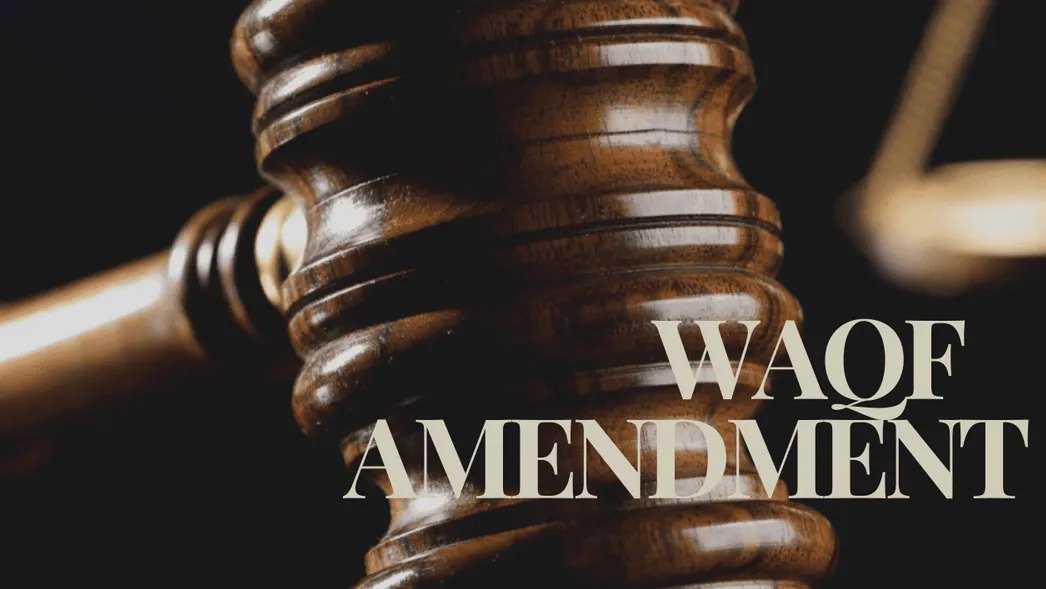Since U.S. President Donald Trump unveiled his “Liberation Day” tariffs to the world this week, the oilpatch isn’t feeling a whole lot of salvation.
Benchmark U.S. crude prices have fallen by almost 14 per cent since Wednesday.

Canadian oil and gas stocks are off 15 per cent. And while Canadian energy exports aren’t being hit by American tariffs, there’s still plenty of fallout from the U.S.
trade war . “People are hitting the sell button first and asking questions later,” said Martin Pelletier, senior portfolio manager at Wellington-Altus Private Counsel in Calgary. “There’s a lot of uncertainty around how this is going to impact the global economy and obviously that’s going to drive commodities and demand for commodities, especially oil.
” On Friday, West Texas Intermediate (WTI) crude futures fell by almost $5 to close just below US$62 a barrel. On the Toronto Stock Exchange, shares in MEG Energy dropped 12.5 per cent on Friday, Vermilion Energy fell 15.
6 per cent and Baytex Energy was down 17 per cent. “The market is fearful of the unknown. It’s uncertain,” said Paul Colborne, CEO of Calgary-based petroleum producer Surge Energy, which decreased 11 per cent.
“I am surprised by the severity of it, but I do think crude bounces back.” Equity markets around the world recoiled as China announced Friday it would respond to the latest U.S.
tariffs with its own levies. In the U.S.
, the S&P 500 decreased six per cent and the Nasdaq fell 5.8 per cent, while the S&P/TSX Composite Index dropped by 4.7 per cent.
The latest market turmoil began after Trump unveiled plans Wednesday for a 10 per cent tariff by the U.S. on all imports , and additional “reciprocal” tariffs on about 60 trading blocs or countries.
Expectations of retaliatory tariffs from other countries has sparked consternation of an economic slowdown, or possible recession, in the world’s largest economy. J.P.
Morgan chief economist Bruce Kasman increased the odds of the United States facing a recession to 60 per cent, if a trade conflict is sustained. While Canada avoided seeing reciprocal tariffs from the U.S.
, it still faces previously announced levies on the auto, steel and aluminum sectors. The country “is not out of the woods,” ATB Economics wrote in a note. “What has happened is the trade war has gone global,” ATB chief economist Mark Parsons said in an interview.
.
Politics

Varcoe: 'Market is fearful' — Global trade war, increased OPEC production shock oil prices, stocks

“There's a lot of uncertainty around how this is going to impact the global economy”














